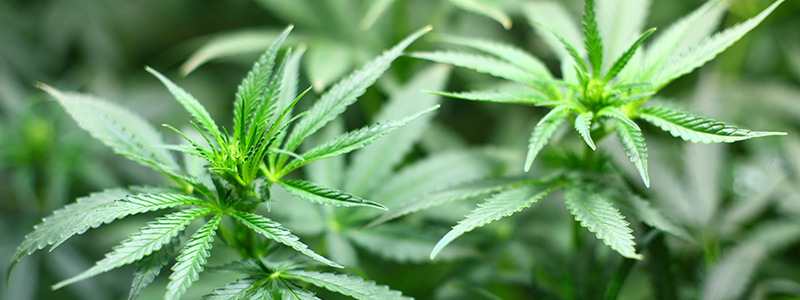Left Behind: Veterans and Medical Marijuana

Slow Progress for Veterans and Medical Marijuana
The US military proudly claims that no soldier is left behind. Unfortunately, that is exactly what has been happening to soldiers who seek to become official medical marijuana patients.
In years past, military servicemen and women risked court-martial and even being released from service with the loss of VA benefits for using cannabis. Things are not much better now, even as millions of civilians can legally enjoy and benefit from legal marijuana. Although the VA does not prevent vets from participating in state medical marijuana programs, it states: "As long as the Food and Drug Administration classifies marijuana as Schedule One, VA health care providers may not recommend it or assist Veterans to obtain it."
This is a disgrace and particularly problematic for soldiers who have conditions that cannabis has been shown to help alleviate symptoms of, such as post-traumatic stress disorder (PTSD), traumatic brain injury (TBI), chronic pain, and anxiety.
PTSD is reported to affect up to 21-29% of all active soldiers. Over 300,000 service members were diagnosed with some form of traumatic brain injury from 2000-2014. Soldiers are also at higher risk of suicide, with some studies estimating that an average of twenty service members commit suicide every day.
Over 50% of older US veterans experience chronic pain and that number is closer to 60% for those who were deployed in the Middle East.
Despite medical marijuana being available in over half of the United States, American soldiers have not been allowed to make use of it. In early July the U.S. Senate Appropriations Committee approved an amendment to allow military veterans to receive medical marijuana recommendations through the Department of Veterans Affairs.
"The growing level of support for marijuana law reform in Congress is extremely encouraging, especially in light of concerning comments and opposition from the attorney general. This is just the first of what will likely be a series of cannabis votes on Capitol Hill this year, and we expect to continue seeing strong bipartisan margins in support of scaling back federal prohibition. The war on marijuana is ending, and today's vote is clear indication of that." -- Tom Angell, of Marijuana Majority
Sadly, the bill was blocked and seemingly sidelined for another year, much to the dismay of stalwart advocates like Oregon Democratic Representative Earl Blumenauer, who has been building a bipartisan base of support for legalization/decriminalization efforts like this one.
This is particularly disappointing when the US faces an opioid crisis like it has never seen before. Opiates kills twice as many veterans as other Americans according to research from the Department of Veterans Affairs.
Despite the current lack of support from the Justice Department, the cannabis industry continues to move forward. That includes research, thanks, in part, to federal dollars. The National Institute of Health (NIH) recently awarded $3.8 million to study the role cannabis can play to reduce the use of opioids when treating chronic pain.
Old prejudices about marijuana cannot be allowed to prevail over reason. Propaganda is being unmasked by research and anecdotal stories from tens of thousands of patients. Facts and advocacy can change the equation. As more lobbyist and campaign contributions reach the offices of lawmakers, cannabis will get more consideration. As citizens act with their voices and votes, opinions can change. That is what has carried the effort so far. If you are interested in advocating for veterans' right to be medical marijuana patients, consider learning more about these organizations and doing what you can do to help them.